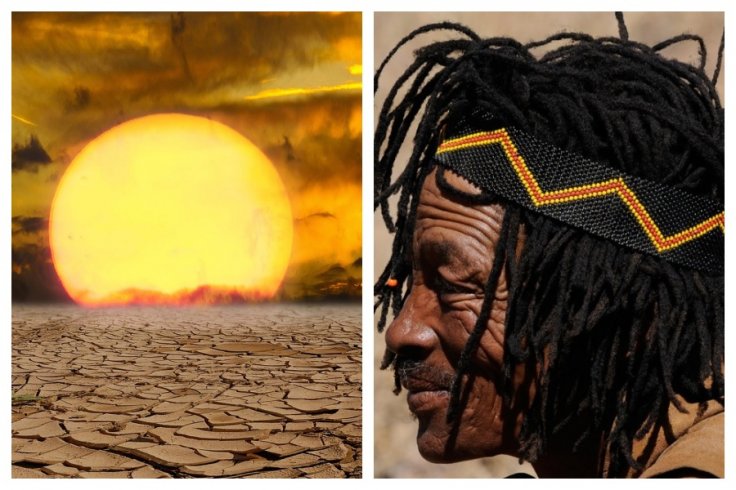
A new study conducted by researchers at Rutgers University has suggested that ancient knowledge from indigenous people could help understand more about ecological changes. The study report also highlights the vitality of indigenous and local knowledge in monitoring ecosystem changes that could help manage ecosystems effectively without breaking the vibrance and stability of mother nature.
An Intense Research on Indigenous People
During the study, researchers collected more than 300 indicators developed by indigenous people to monitor ecosystem change. Researchers found that local knowledge influences decisions that include where and how to hunt, and the way in which humans can manage the ecosystem. In their study report that is now published in the Journal of Applied Ecology, researchers noted that indigenous knowledge is pretty crucial in scientific monitoring on a global scale.
"Many Indigenous peoples have unique abilities to notice ecosystems altering before their eyes by using local indicators, like the color of fat in hunted prey or changes in types of species found together. Scientists wouldn't be able to perform these kinds of observations over the long run for many reasons, including costs and the remoteness of some areas. So Indigenous knowledge is absolutely essential for understanding the cumulative impacts of biodiversity loss and ecosystem degradation," said Pamela McElwee, an associate professor in the Department of Human Ecology in the School of Environmental and Biological Sciences at Rutgers University-New Brunswick, and the lead author of the study, in a recent statement.
What is Indigenous Knowledge?
According to experts, indigenous knowledge, also called local knowledge, is a set of practical information that people use for managing resources. This knowledge usually gets shaped in the course of years, and people pass it across several generations. As humans were living close to nature in the ancient days, experts believe that practical knowledge gained by indigenous communities over the years could be as vital as scientific knowledge when it comes to managing ecosystems.
"Partnering with Indigenous peoples can help scientists and researchers understand how natural and cultural systems affect each other, identify trends through diverse indicators, and improve sustainable development goals and policies for all," added McElwee.









